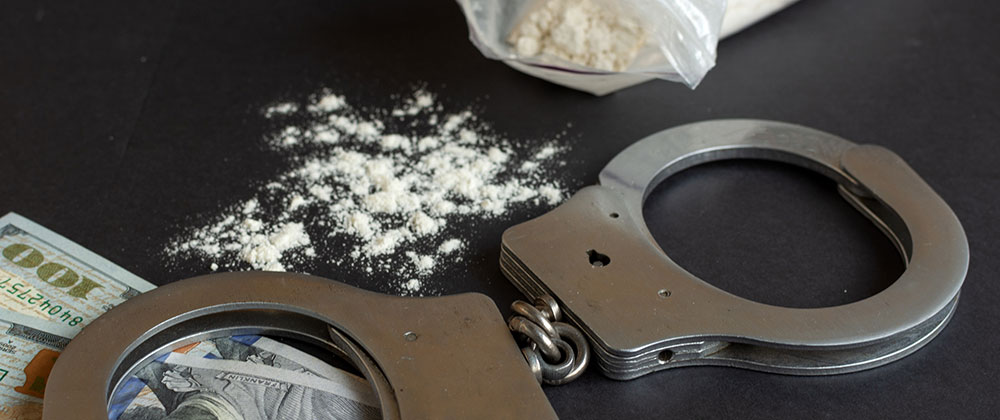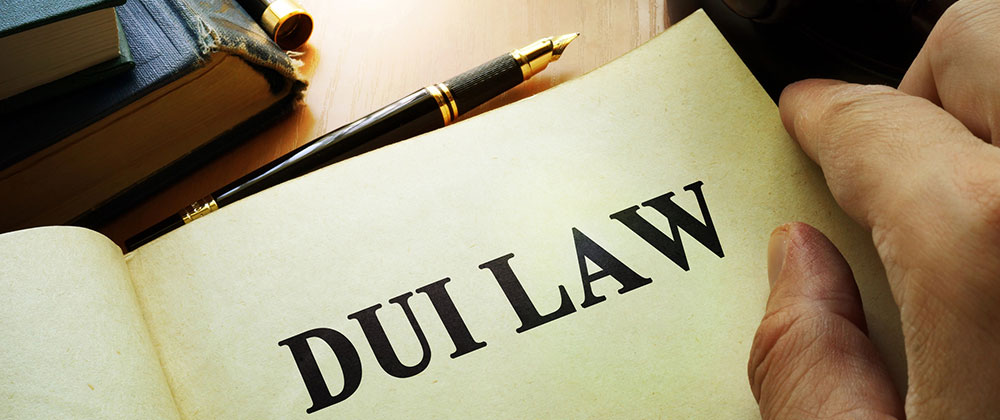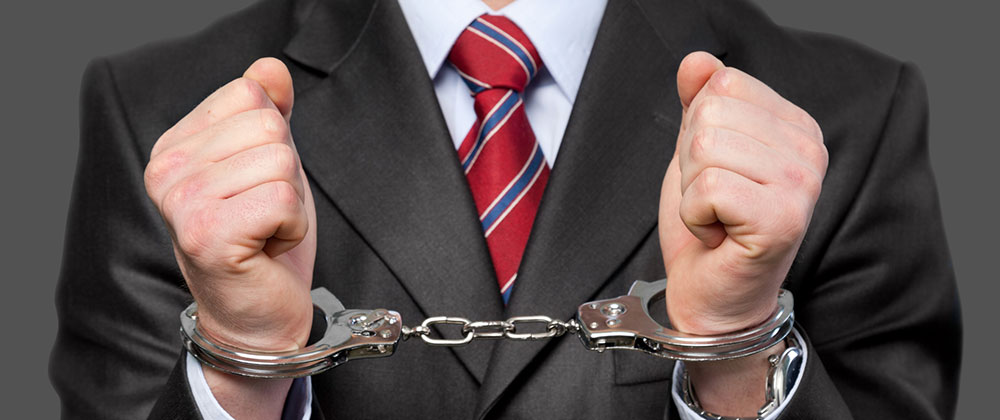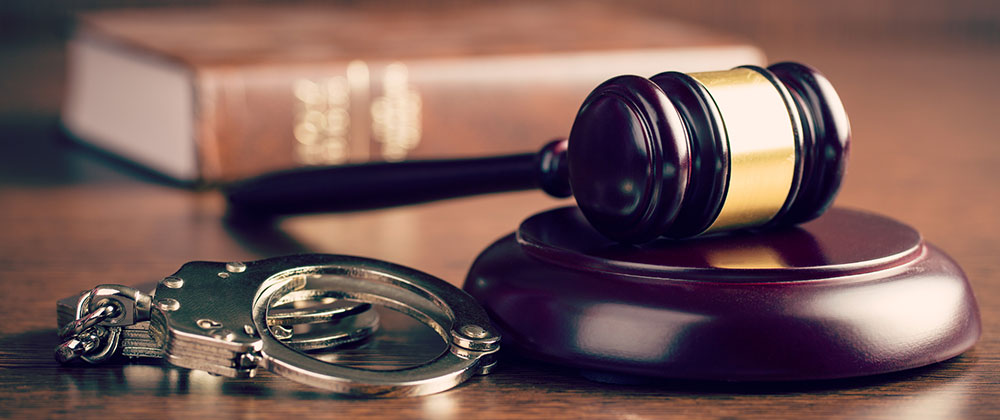What to Do Following a Drug Arrest in Fort Pierce
After a drug arrest in Fort Pierce, Florida, it can be difficult to know what to do. Many people who are arrested for drug offenses worry about the penalties they might face. Some people make mistakes following their arrests that could compromise their defense strategies. If you have been arrested for possessing drugs in Florida, you could face potentially serious penalties even if you only possessed drugs for personal use. Under Florida law, most simple possession offenses without the intent to sell, manufacture, or distribute are charged as third-degree felonies. However, if you were arrested for simple possession of fewer than 20 grams of marijuana, you could instead be charged with a first-degree misdemeanor. Here is some information about what to do following a drug arrest from Fort Pierce criminal lawyer Jonathan Jay Kirschner, Esq.
Florida’s Drug Schedules
Florida classifies controlled substances into the following five schedules as described in §893.03, Fla. Stat. (2021):
Schedule I – Drugs with a very high potential for abuse with no recognized medical benefits
Schedule II – Drugs with a high potential for abuse but with some recognized medical uses
Schedule III – Drugs with a potential for abuse but with some recognized medical use
Schedule IV – Drugs with a low potential for abuse or addiction with recognized medical benefits
Schedule V – Drugs with the lowest potential for abuse or addiction with recognized medical benefits
Possession of any illegal scheduled drug or a controlled substance for which you do not have a valid prescription can result in drug possession charges.
Penalties for Drug Possession in Florida
Some drug possession crimes can be charged as first, second, or third-degree felony offenses, depending on the drug’s schedule, type, and amount. Possession of 20 grams or less of marijuana or certain drugs in Schedule V will be charged as first-degree misdemeanors carrying up to one year in jail and a fine of up to $1,000.
Possessing small amounts of drugs like cocaine, methamphetamine, or heroin can be charged as a third-degree felony carrying up to five years in prison and a fine of up to $5,000. Possessing precursor chemicals to manufacture methamphetamine can be charged as a second-degree felony carrying up to 15 years in prison and a fine of up to $15,000. Finally, possessing a Schedule I drug in an amount above the state’s threshold will be considered to be possession with intent to sell. This is a first-degree felony carrying up to 30 years in prison and a fine of up to $10,000.
Steps After a Drug Arrest
The penalties for drug possession are harsh, making it important to take certain steps following a drug arrest. If you are arrested for possessing drugs, you should do the following things:
1. Exercise your right to remain silent. Many people have the mistaken belief that they can talk their way out of being arrested. This is a misnomer. If you say anything to the police, what you say can and will be used against you. Instead, tell the police that you wish to remain silent and do not say anything. If the police try to interrogate you, assert your right to remain silent. They will have to stop questioning you as soon as you assert your rights.
2. Ask for a lawyer. You also have a right to an attorney to defend against your drug charges. Tell the police that you want a lawyer. Hiring attorney Jonathan Jay Kirschner, Esq. as soon as possible after your arrest is one of the most important steps to take after your arrest. If you do not have enough money to retain a lawyer, ask for a public defender to be appointed.
3. Post bail if you can. If the court requires you to post bail, try to do so as soon as possible. You can use the help of a bail bond agent if necessary. It will be much easier for you to build a strong defense against your charges if you are out of custody.
4. Follow all court orders. Make sure you follow any orders that are issued by the court. If you fail to follow orders such as bond conditions and others, you could end up in a worse position.
5. Cooperate with your attorney. Meet with your lawyer as soon as possible so that he or she can review your case and identify all of the potential defenses available to you. Make sure to always be honest with your lawyer about your case. The communications between you and your attorney will be kept confidential.
Get Help From an Experienced Fort Pierce Criminal Lawyer
Being arrested for drugs in Fort Pierce can be a frightening experience. By getting help from an experienced attorney at the law office of Jonathan Jay Kirschner, Esq., & Associates, LLC, you will be much likelier to secure a more favorable resolution to your charges. Attorney Kirschner has defended people against criminal charges since 1984 and is prepared to help. Call us today at 772.489.8501 to request a consultation.




